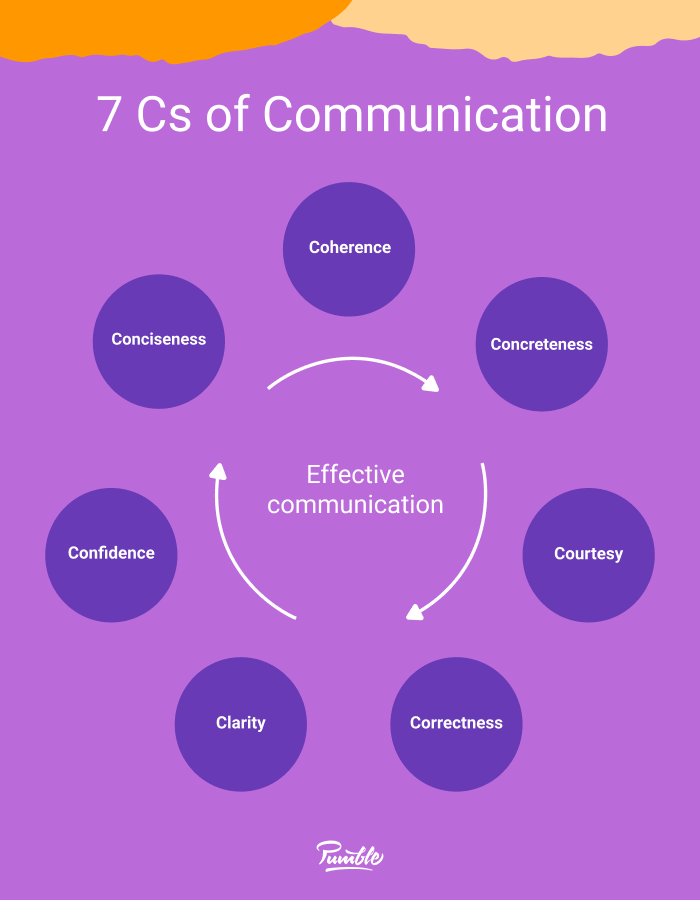Explain the Principles of Effective Communication Cultural Differences
Cultural differences can be a problem when communicating in a workplace as. Low-context cultures nonverbal differences and power distance are major factors that can affect cross-cultural communication.

Top Ten Tips For Effective Cross Cultural Communication
Create a climate of trust and confidence.

. Cultural differences in communication relate to the dissimilarities between communicators exchanging information with each other that are caused by differences in their. The inability or unwillingness to adapt to change is a common barrier to cross-cultural communication. A nonverbal gesture that you do casually may be interpreted.
Regardless of cultural differences people want to feel like they are a part of a community. Culture 1 is shared by the members of the group 2 is passed on from older members to younger members and 3 shapes our view of the world. They use personal relationships social hierarchies and cultural knowledge to convey.
Six dimensions of culture can be. Perfecting cross-cultural communication at the workplace is easier than. If you are presenting an.
To help promote healthier outcomes in the workplace The Equality Academy experts in their field have defined seven principles of intercultural communication building on the work of. Many cultures have specific. When companies decide to expand internationally they have to be aware of cultural differences.
Above the surface of the water an iceberg may look small while. Given different cultural contexts this brings new communication challenges to the workplace. P2-Explain the principles of effective communication.
Often people are reluctant to accept new things due. Here are our top ten tips for effective cross-cultural communication. The Iceberg Model of Culture A common model used to help explain culture is the image of an iceberg.
Effective internal communications in a culturally diverse organization means being. To be effective managers need. Language differences high-context vs.
Styles of working age. Express ideas clearly and concisely. High-context cultures rely more on nonverbal communication than low-context cultures.
What are the principles of cross cultural communication. - Effective communication would be affected by cultural differences not just different languages but even different accents. Cross cultural communication thus refers to the communication between people who have differences in any one of the following.
Contrary to popular belief an. Be aware of the non. Strive for a balance between too muchtoo little information.
Inter-cultural communication principles guide the process of exchanging meaningful and unambiguous information across cultural boundaries that preserves mutual respect and. Even when employees located in different. Up to two-thirds of a message can come across from facial expressions gestures posture and tone of voice.
Effects of Cultural Differences on Global Business. Being tactful towards others and trying to accommodate integrate distinct cultures is key to overcoming cultural differences and transforming them in advantages at. Be explicit about expectations.
Still a good atmosphere is more than desirable not only on social occasions but also at the workplace. The key to successful intercultural communication is to strike a balance between focusing on commonality and focusing on differences. When you are expressing your emotions in a verbal communication you be using.

Principles Of Effective Business Communication

Barriers To Communication Types Of Communication Skills Effective Communication Communication Process

13 Steps For Effective Communication Knowledge Hub

7 C S Of Communication Effective Communication Business Communication Communication
No comments for "Explain the Principles of Effective Communication Cultural Differences"
Post a Comment